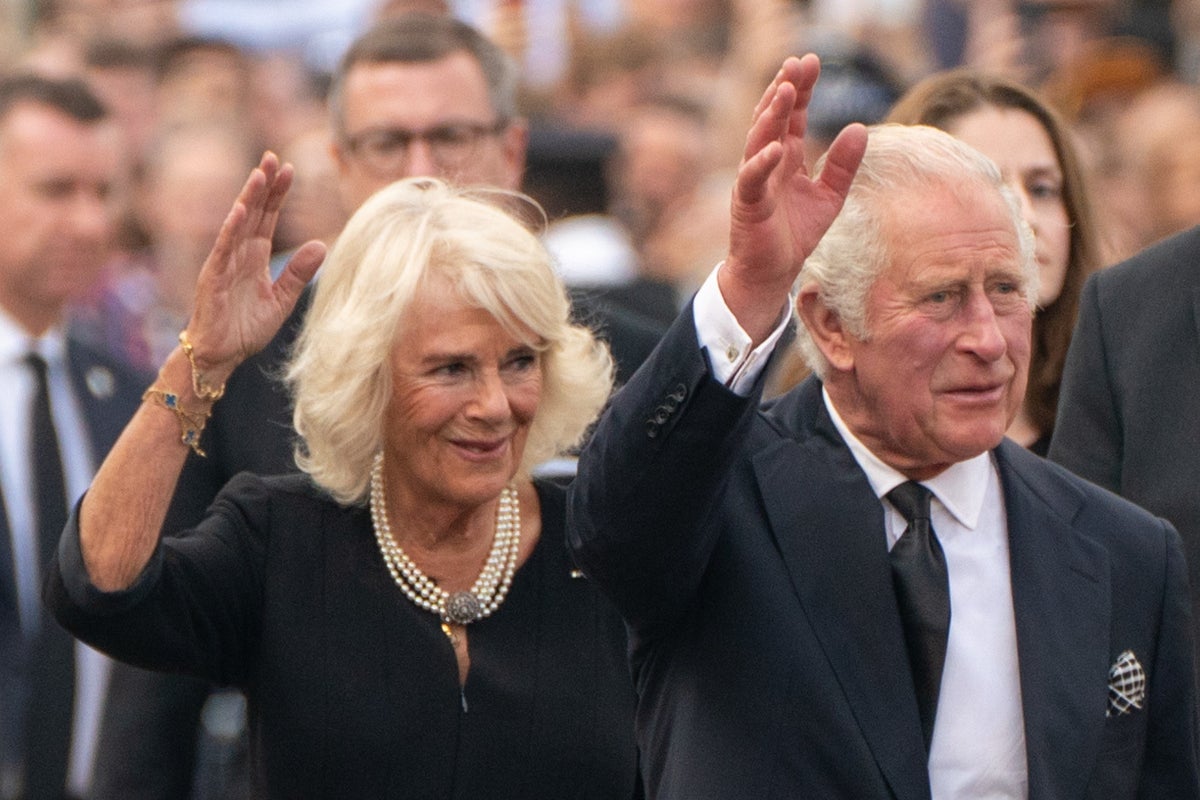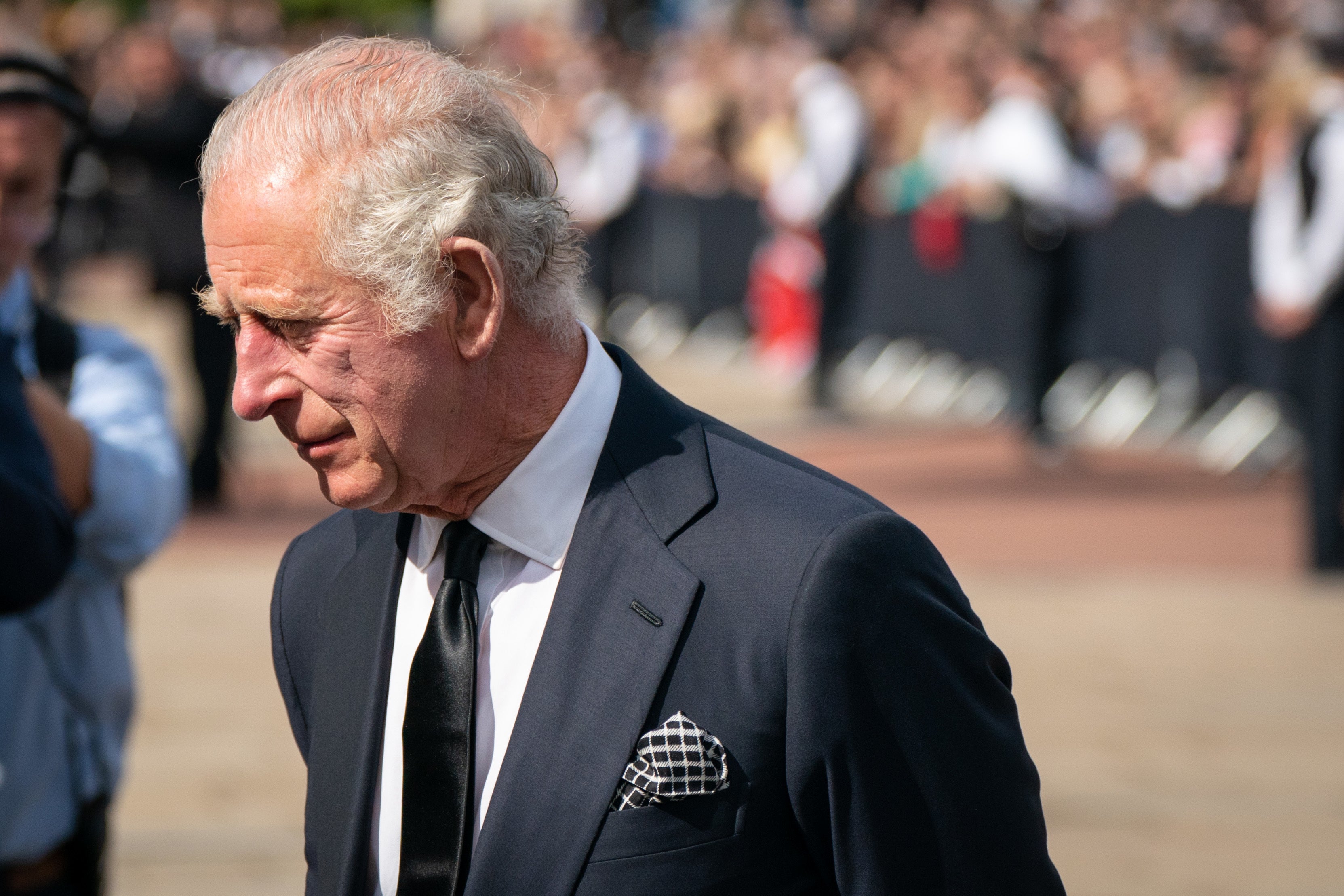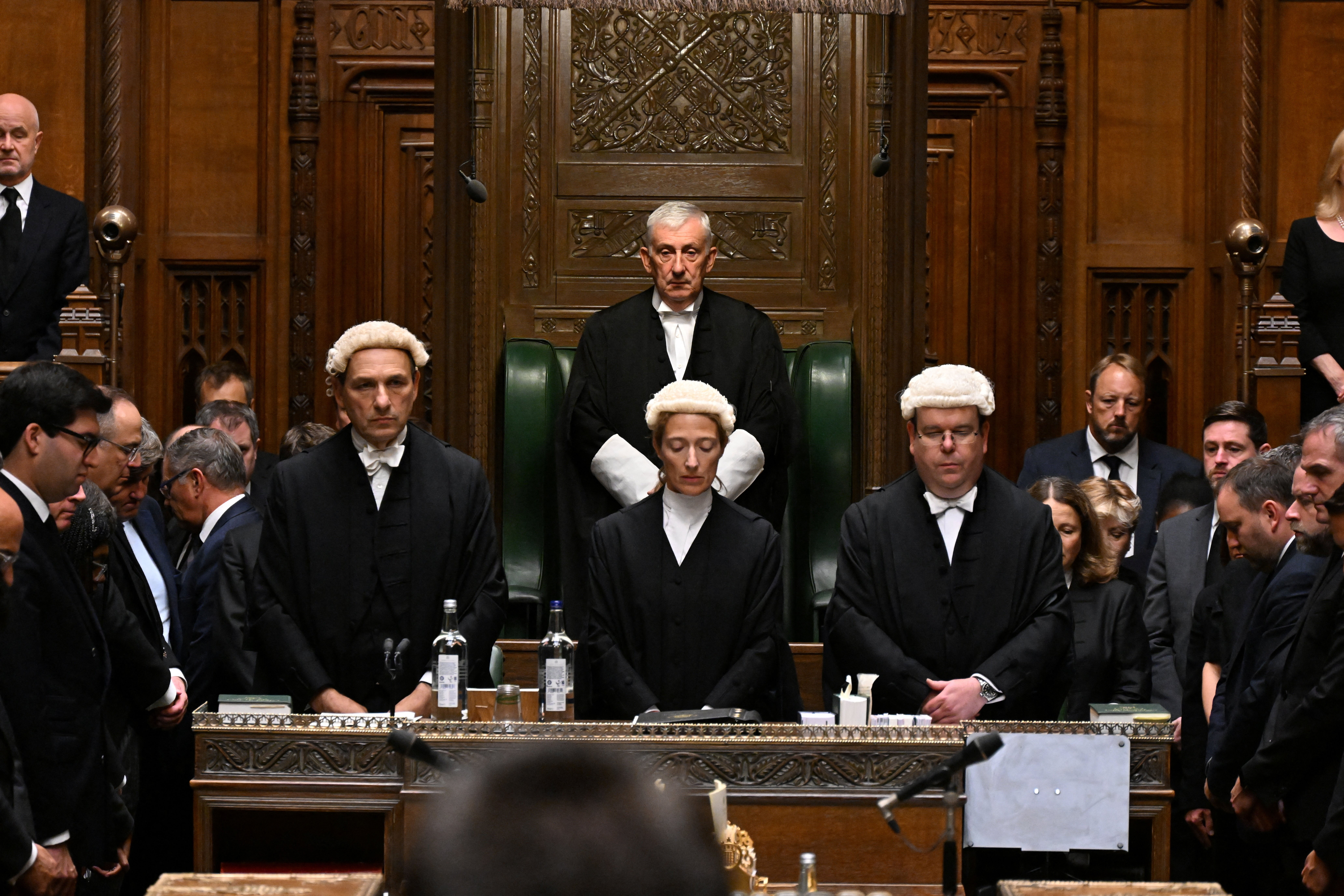
Queen Elizabeth II died at Balmoral in Scotland on Thursday, more than 70 years after she ascended the throne.
The monarch’s death set in motion a long-planned series of events codenamed “Operation London Bridge”.
Under the plans, the day of the Queen’s passing is referred to as D-Day or D+0. However, the envisaged schedule was pushed back by a day because the country was only informed of her death late on Thursday.
On Saturday at 10am, King Charles III, who automatically became sovereign after his mother’s death, will be officially proclaimed monarch by the Accession Council in London.
Up in Scotland, the Queen’s body will remain at Balmoral until Sunday, when it will be transported down from the Highlands to Edinburgh. This comes as part of “Operation Unicorn”, the contingency plan triggered because the 96-year-old’s died in Scotland.

Here is what else to expect this weekend:
Saturday (Day D+1)
In an event that will be televised for the very first time, Charles, the Queen’s eldest son, will be formally declared King at a meeting of the Accession Council in St James’s Palace.
The ceremony will take place at 10am on Saturday in the palace’s State Apartments, Buckingham Palace said.
The first stage of the event will be led by Penny Mordaunt, the “acting” Lord President of the Council. She was appointed earlier this week after Liz Truss became prime minister, but is yet to receive her official title, since Wednesday’s Privy Council meeting was cancelled due to the Queen’s ill health.
Ms Mordaunt will first announce the death of the Queen, before asking the clerk to read the text of the Accession Proclamation. This will confirm the chosen name of the new monarch as Charles III.

The Tory frontbencher will then sign the proclamation along with the Queen Consort, the Duke of Cambridge, the Lord Chancellor, the Archbishop of Canterbury, the Archbishop of York, the prime minister, the Lord Privy Seal, the Lord Great Chamberlain and the Earl Marshal.
King Charles III, who returned to London from Scotland on Friday, will then enter the room to hold his first Privy Council meeting.
He will make a personal declaration about the death of his mother in front of the 200 Privy counsellors in attendance.
The new monarch will then pledge to preserve the Church of Scotland, something every sovereign has done since 1714. He will sign two identical papers, known as instruments, recording the taking of the oath.
At 11am trumpeters will announce the proclamation with a fanfare. It will then be read out from the balcony above the palace’s Friary Court.
While this is taking place, a 41-gun salon will be fired in Hyde Park. An hour later, a 62-gun salute will take place at the Tower of London.
Parliament on a weekend
Saturday will also see a rare sitting of parliament.
Although MPs do not ordinarily attend the Commons on a Saturday, senior MPs will swear an oath of allegiance to the King from 2pm.

Every politician has the option of taking this oath, which is not compulsory.
The King will also hold audiences with Ms Truss and her cabinet on Saturday.
Sunday (Day D+2)
The day after her son is officially proclaimed monarch, the Queen’s body will be transported from her castle in Aberdeenshire to the Scottish capital. It is believed that the journey will take roughly five hours, as the cavalcade winds its way through villages and towns flanked by mourners.
The Queen’s body will be taken to the Palace of Holyroodhouse in Edinburgh to lie at rest.
Proclamations will be read in the devolved parliaments in Belfast, Cardiff and Edinburgh.







